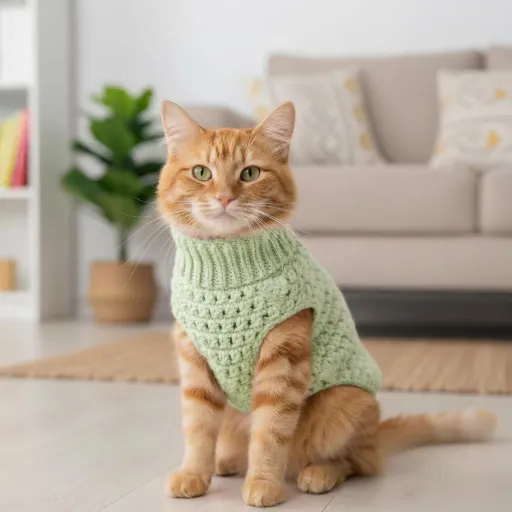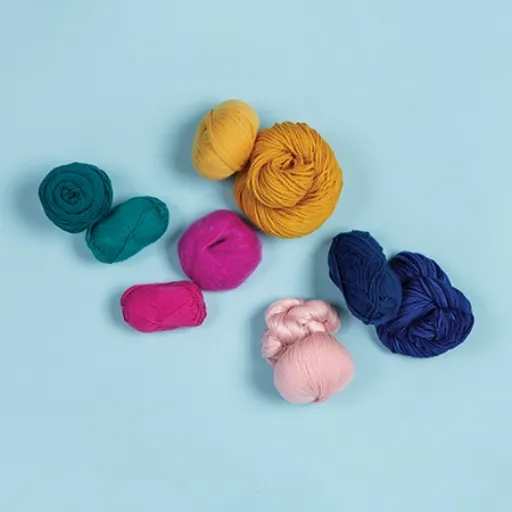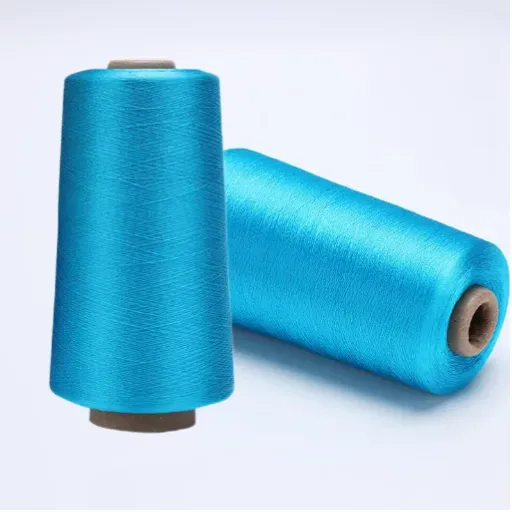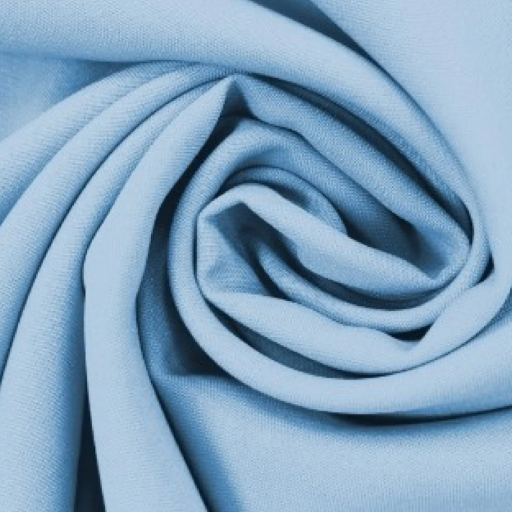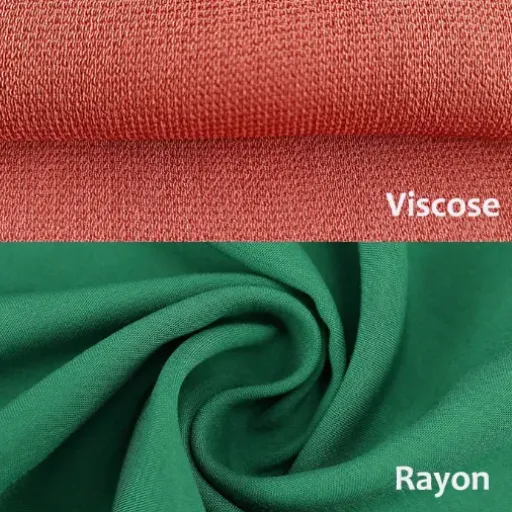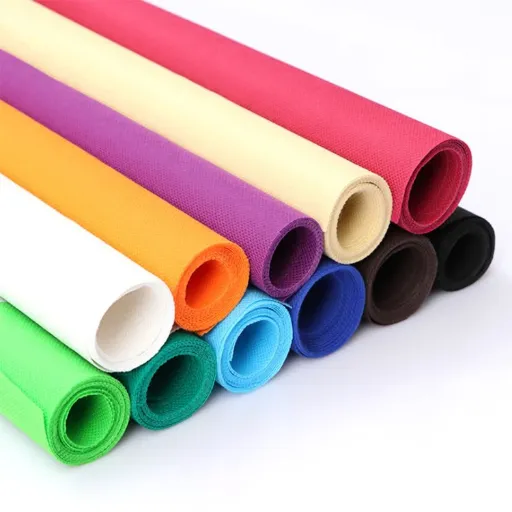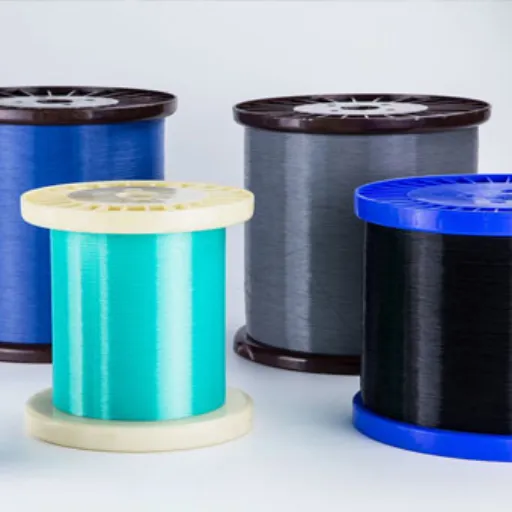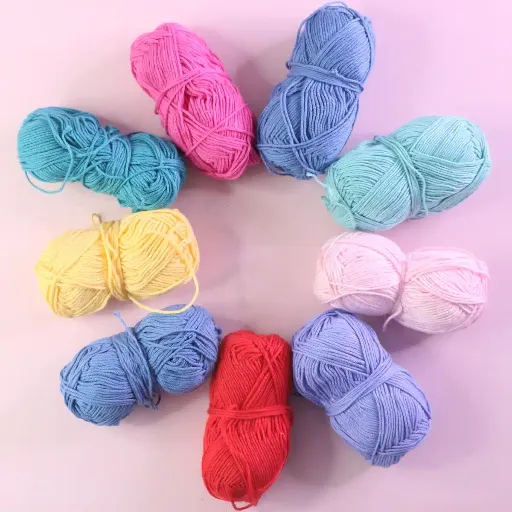Cotton acrylic blend yarn consists of two different materials, cotton and acrylic, each has its own positive and negative attributes. While some people feel that cotton is less flexible and does not perform such tricks such as stretching, acrylic is more adventurous in its personality characteristics, which make this material very inexpensive. With the cotton and acrylic yarns, it is possible to use 100% fibers of one material. Let us try to use these yarns to produce the down pillow items.
Understanding Cotton Acrylic Blend Yarn
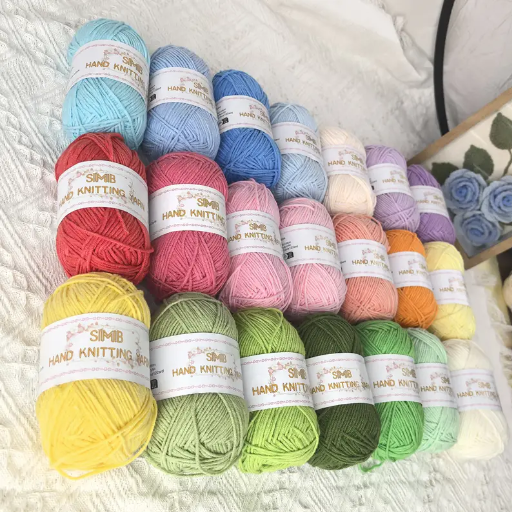
Under such circumstances, opting for a 50/50 blend of cotton and acrylic is the preferred choice if a yarn with the features of both natural and synthetic fibers is preferred. The cotton component gives the fabric comfort and the ability to breathe among other characteristics whereas the acrylic part does the rest by allowing the fabric to retain shape, easily drape, and not succumb to wrinkles among other properties.
What is Cotton Acrylic Yarn?
Cotton also known as acrylic yarn is a fabric that brings together the niceties of natural fibers and state-of-the-art manmade fibers. Often soft, breathable, and water-retaining, cotton ‘s principles make it most comfortable to use on a day-to-day basis; however, acrylic which is more rigid, ensures that the clothes and items will not grow out of shape or lose their form with time.
Benefits of Using Cotton Acrylic Blends
Durability
Cotton acrylic fibers can indeed be very advantageous as these combine the beneficial qualities of acrylic and cotton which are both can be categorised as the common materials in knitted garments. Some research papers even revealed that an increase of acrylic component in dipped hybrid yarns has’ tensile properties 20-30% higher which helps yarns become less wearable.
Breathability and Moisture Wicking
Fabric is also adept at absorbing moisture as it contains fairly high amount of cotton which is great for fabric materials in device and comfort around within different climatic conditions.
Warmth and Insulation
And among the finest features of acrylic fibers, it has to be emphasized that warmth retention capability is rather impressive. In the case of a blend of acrylic and cotton, the prepared fabric more effectively insulates heat without having to put excess material.
Machine Washability
The blend is machine-washable without shrinkage effects, thus preserving the memory of the item over a long period of time with minimum washing need.
Resistance to Pilling
Acrylic in combination with cotton greatly affects the pilling condition, hence stressing both beauty and long term suitability for fabrics of high wearing capacity.
Versatile Texture and Appearance
Types of Cotton Acrylic Yarn Available
| Type of Cotton Acrylic Yarn | Key Features | Best Uses |
|---|---|---|
| DK (Double Knitting) | Lightweight, smooth, versatile | Sweaters, baby clothes, scarves |
| Worsted Weight | Medium thickness, durable, strong | Blankets, hats, outerwear |
| Sport Weight | Thin, soft, lightweight | Shawls, socks, intricate garments |
| Bulky Weight | Thick, warm, quick to crochet/knit | Winter clothing, chunky blankets |
| Aran Weight | Slightly thicker than worsted, soft | Heavy garments, textured projects |
| Blended with Natural Fibers | Enhanced comfort, breathability | Year-round wear, lightweight items |
| Machine-Washable Acrylic Blend | Easy care, retains shape and color | Everyday items, gifts |
Applications of Cotton Acrylic Yarn
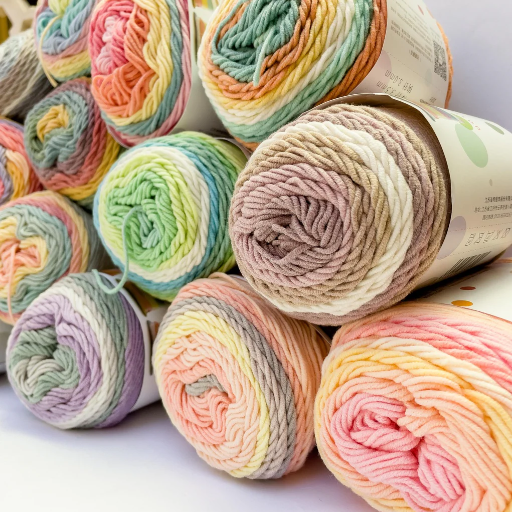
Clothing & Apparel
Perfect for summer tops, dresses, and children’s clothing
Home Textiles
Washcloths, napkins, coasters, and cleaning materials
Seasonal Accessories
Scarves, hats, lightweight gloves for spring and fall
Decorative Items
Doilies, wall tapestries, decorative pillows
Blankets
Lightweight, reversible blankets perfect for any climate
Craft Projects
Amigurumi dolls, shopping bags, various decorations
Creating Lightweight Garments
A Cotton/Acrylic blend thus comes in handy for any design that requires loose fitting clothes that may also be pretty. On top of the blends’ inherent elasticity, some other fiber properties such as comfort are required for any of the purposes listed below:
- Summer cardigans that maintain their shape
- Lace shawls with defined stitch patterns
- Baby clothes that withstand frequent washing
- Intricate patterned garments that remain fashionable and competent
Home Décor Projects with Cotton Blends
Decorative czl’ion blends give way to soft and offensive form and good shape preservation. These qualities of the materials are appreciated by:
- Cushion covers and throws that maintain their form after washing
- Table runners for everyday use
- Detailed stitch work including cables, lacework, and textured patterns
- Functional items that combine utility with aesthetic appeal
Perfect Choices for Baby Clothes
When it comes to baby clothes, it is important to take into account the convenience, smoothness and most importantly the safety. Cotton acrylic blends provide:
- Hypoallergenic properties protecting sensitive baby skin
- Chemical-free construction when sourced responsibly
- Breathable and moisture-permeable functions for temperature regulation
- Durability that withstands frequent washing and wear
Caring for Your Cotton Acrylic Creations
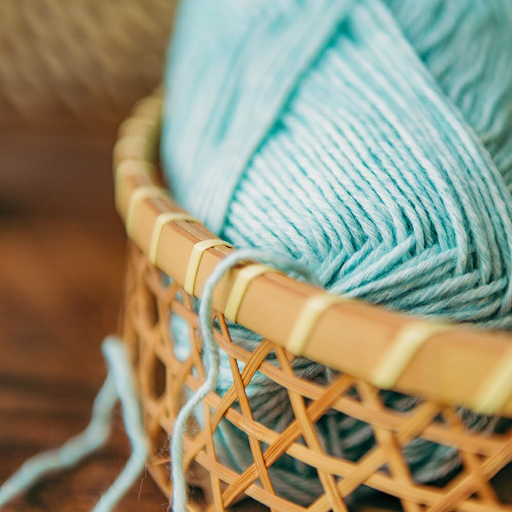
Washing Instructions for Longevity
For your cotton-acrylic knits to last as long as possible, they ask you to adhere to the following salical measures:
- Water Temperature: Use cold or luke warm water to avoid fibre breakdown as well as color running.
- Wash Cycle: Select subtle cycles to round out the cloth.
- Detergent: Apply neutral agents with no aggressive chemicals to clean the items.
- Separation: Separate the clothing while storing them keeping in mind their color and fabric in order to minimize the chances of color running.
- Load Size: Overloading the machine to proper agitation and cleaning.
- Drying: Drying should be displayed on a dryer or any other convenient way in a comfortable place.Drying should be displayed on a dryer or any other convenient way in a comfortable place.
Best Storage Practices for Yarn
Proper yarn storage is crucial for maintaining quality and preventing damage:
- Store in airtight containers away from moisture and dust
- Use breathable storage bags or transparent containers for easy identification
- Maintain yarn in skeins or hanks to prevent tangles
- Include tissue paper with luxury yarns to prevent fading and chafing
- Consider natural moth repellents like cedar or lavender sachets
- Avoid vacuum-sealed storage for extended periods
Maintaining the Softness of Cotton Yarn
To preserve the original softness of cotton fibers:
- Use gentle, phosphate-free detergents
- Avoid fabric softeners that can create buildup
- Air dry rather than using high heat
- Store away from direct sunlight
- Use breathable storage containers
- Maintain proper tension when knitting or crocheting
Comparing Cotton Acrylic Blends with Other Yarn Types
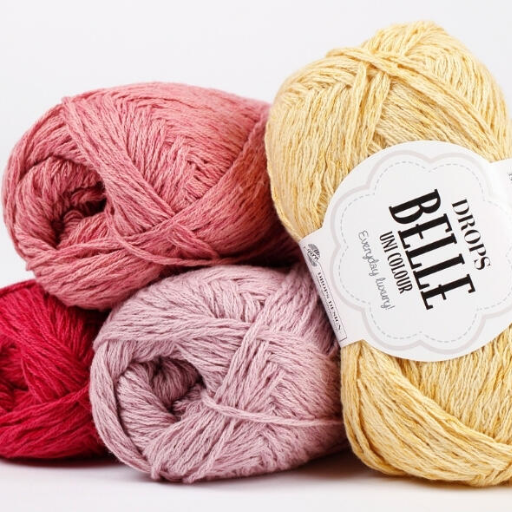
Versatility of Cotton and Acrylic Compared to Others
When it comes to knitting and crochet, there are several reasons why you may want to choose cotton acrylic mix rather than the pure fiber versions:
- vs. 100% Cotton: Blends are lighter, easier to work with, and less prone to splitting
- vs. Pure Acrylic: Blends provide better breathability and moisture absorption
- vs. Wool: More affordable, hypoallergenic, and available in more colors
- Overall Benefits: Perfect balance of comfort, durability, and practicality
Ease of Use in Crochet and Knitting
Cotton acrylic blends excel in craftwork applications:
- Stitch Definition: Clear, countable stitches perfect for detailed work
- Beginner-Friendly: Forgiving material that’s easy to handle
- Versatile Tension: Accommodates various skill levels and techniques
- Project Suitability: Works well for both small detailed pieces and large-scale projects
Why Choose Cotton Blend Yarn Over Pure Acrylic?
Cotton comb yarn undoubtedly has its advantages over other artificial-comb yarns without a doubt:
- Enhanced Comfort: Natural cotton fibers provide superior softness and breathability
- Better Stitch Definition: Clearer pattern visibility for precision work
- Hypoallergenic Properties: Suitable for sensitive skin due to cotton content
- Moisture Management: Superior moisture-wicking for comfortable wear
- Balanced Performance: Combines natural comfort with synthetic durability
The Popularity of Cotton Acrylic Yarn Among Crafters
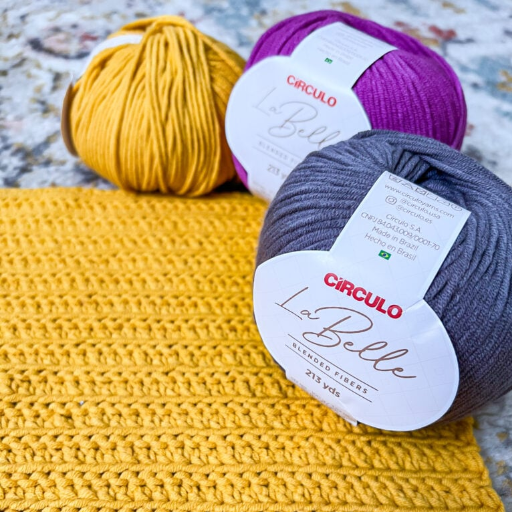
Availability and Color Variety
Cotton acrylic yarn enjoys widespread availability and extensive color options:
- Found in major retail chains and specialty knitting shops
- Available through online retailers with convenient ordering
- Extensive color range including solids and variegated options
- Regular introduction of new colors and seasonal collections
- Affordable pricing makes it accessible to all crafters
Suitability for Various Skill Levels
This versatile yarn accommodates crafters at every level:
- Beginners: Easy-to-use starter materials with forgiving properties
- Intermediate: Suitable for learning new techniques and patterns
- Advanced: Reliable performance for complex, detailed projects
- Support Resources: Extensive tutorials and pattern libraries available
Comfy Worsted Patterns to Try
Popular project ideas for cotton acrylic worsted weight yarn:
- Cable Blankets: Challenging patterns that showcase yarn strength
- Simple Scarves: Quick projects perfect for beginners
- Cowls and Hats: Practical accessories highlighting yarn versatility
- Kitchen Items: Dishcloths and shopping bags for everyday use
- Home Décor: Pillows and throws for comfortable living spaces
Reference Sources
1. Effects of Technical Textiles and Synthetic Nanofibers on Environmental Pollution (2021)
- Key Findings: This study reviewed the environmental impacts of technical textiles, including cotton-based yarns. It highlighted the pollution caused by textile manufacturing, such as water contamination from dyes and chemicals. The research emphasized the need for sustainable practices in textile production.
2. Compact Spinning in Cotton-based Core-spun Yarn: A Review (2021)
- Key Findings: Compact spinning technology significantly improves the quality of cotton-based core-spun yarn by reducing hairiness, unevenness, and imperfections. It enhances yarn strength, abrasion resistance, and air permeability, making it ideal for comfortable and durable textiles.








